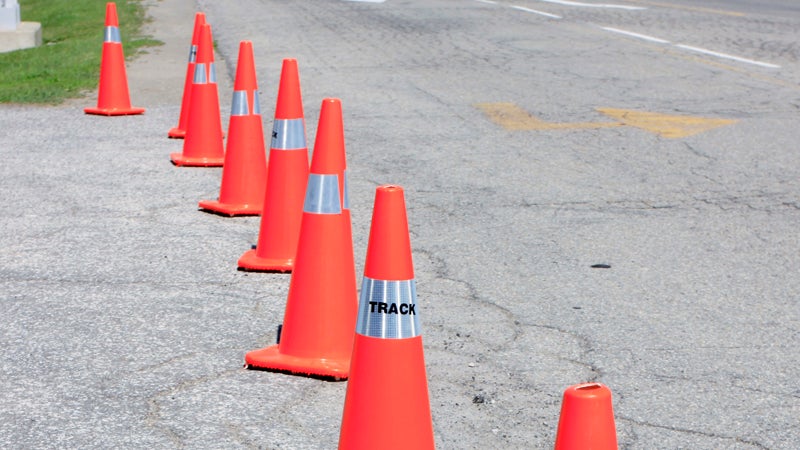La. continues to average 1,500-3,000 COVID cases daily
Published 9:40 am Friday, August 12, 2022
|
Getting your Trinity Audio player ready...
|
Louisiana Department of Health Region 7 Medical Director Dr. Martha Whyte said as of Wednesday there were 1,541 new confirmed cases of COVID-19, and nearly 2,5000 cases the day before.
Whyte made the announcement during a news conference for the Center for Emerging Viral Threats of LSU Health Shreveport.
“The number of positive tests that we are seeing right now are not near what we were seeing in February,” Vancheiere said. “Instead of a big spike, we’re seeing a gradual increase.”
Nationwide, 2,000 deaths per day are attributable to COVID.
“We know there is not a lot of testing going on that is being reported to the Public Health databases,” he said. “That is, most people are using home tests, which is good … but those results don’t get reported to public health.”
Due to the underreporting that at-home tests are creating, Vancherie and his team believe the ratio of the number of positive tests is about three times the amount reported.
The symptoms of the B.A5 variant are not as severe as previous variants. A loss of taste or smell has not been as frequently reported. However, lower respiratory symptoms, such as a cough or contracting pneumonia is more common, as well as severe fatigue and headache. Fevers are not common. It is unknown if the lack of severity is attributed to the variant itself, or if vaccinations and increased immunity to the virus are reducing symptoms.
In Louisiana, only 58 percent of the population has taken the first dose of the COVID-19 vaccine. Only 52 percent have completed the vaccine series. The percentage is lower than most states, according to Whyte.
“That’s not enough,” she said. “We still have a long way to go… if you haven’t been vaccinated, please consider getting vaccinated. COVID is not going away. We may see these peaks and valleys for a long time to come, and we want everyone to do everything they can to keep themselves safe, but also keep our communities safe.”
Innovations in vaccinations are occurring. Both Pfizer and Moderna, who have released mRNA vaccinations, have in development bivalent COVID-19 vaccines. This vaccine would contain two different strains of COVID — the original COVID vaccine strain as well as a variant vaccine that targets the B.A5 variant. This vaccine process will be similar to the annual flu vaccine, which contains four strains of flu. The expected roll-out date will be this fall.
Currently, a full series of COVID-19 vaccines includes two primary shots and one booster shot. For those older than 60 or immunocompromised, a second booster shot is recommended.
Vancherie said that in addition to vaccination, following CDC guidelines is the best way to protect yourself, your family, and your community. These practices especially protect the elderly, children, and those with immunodeficiency.
COVID cases in children is a consistent issue. “We are still seeing a fair number of young children being hospitalized with COVID, especially kids that have underlying conditions, like sickle cell anemia, chronic asthma, and other things that predispose them to more severe infection with COVID.”
Under the Emergency Use Authorization, COVID vaccines for children are available for children as young as 6 months.
“The uptake in younger kids has been very, very slow,” he said. “We’re talking only 2, 3, or 5 percent of kids in the younger age group have initiated COVID vaccinations.”
There have been more infections in younger age groups that have been reported in Louisiana. The two youngest age groups, “6 months to 5 years” and “5 years to 11 years” have ranked 45th and 46th respectively in vaccine initiations.
“We’re way behind the curve across the nation compared to other states in pediatric vaccines,” he continued. “We want to really encourage parents to have a discussion with their physicians about vaccination of their kids for COVID. It will help keep your kids healthy, keep them in school, keep them learning well, and keep parents at work. Besides the benefits of reducing the risk of severe disease, there are economic and family benefits to vaccination as well.”





